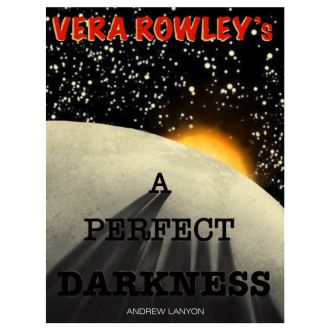Portobello Press ISBN 1 84627 061 8
Andrew Lanyon comes from a long and continuing line of challenging, passionate and acclaimed artists. Amongst his artistic activity he has produced a collection of hand-made books over the past twenty years or so which excite, mystify, delight and amuse those who see them. This is no ordinary writer – Andrew Lanyon treats the whole book as a piece of art. He is intense and philosophical as he explores nature, humanity, and the enigma of perceiving complex and delicate balances whilst crashing down our clumsy (not to mention greedy) boot to destroy them.
A Fairy Find explores the fairy world – a place of great fascination for the Cornish, whose experience of it is perhaps greater than most. Andrew Lanyon poses the question of whether we are not simply being manipulated by fairies; he may even suggest that there is a malicious side to fairies who, when bored or angry, may cause conflicts in order to liven things up.
This beautifully crafted book appears at first glance to be a collection of enigmatic illustrations, surreally and amusingly captioned, with occasional paragraphs of whimsical narrative which explain things in a different, fairy-biased way. As you proceed, however, it is clear that it is also a clear and powerful treatise on the modern human condition, on the difficulty of humans’ relationship with their habitat, and on the tension between outer appearances and inner turmoil.
A Fairy Find is not an overtly Cornish book. It does not explore folklore or set itself in any particular place. However, the notion of the fairy-world as an alter-world, as a source of influence and manipulation, derives from Cornish experience and imagination. It is an experience which, as a metaphor, offers a unique set of insights from a Cornish perspective to the World.
Andrew Lanyon is a unique artist – metaphysical and moral – a serious thinker who chooses to explore his ideas and views through wit, surrealism, folklore and imagination. I think this book is something special – a work of art which repays those who choose to experience it with a challenging reflection of themselves. It is an easy thing to say, but a difficult one to mean, but I love this book.
Bert Biscoe November 2006
